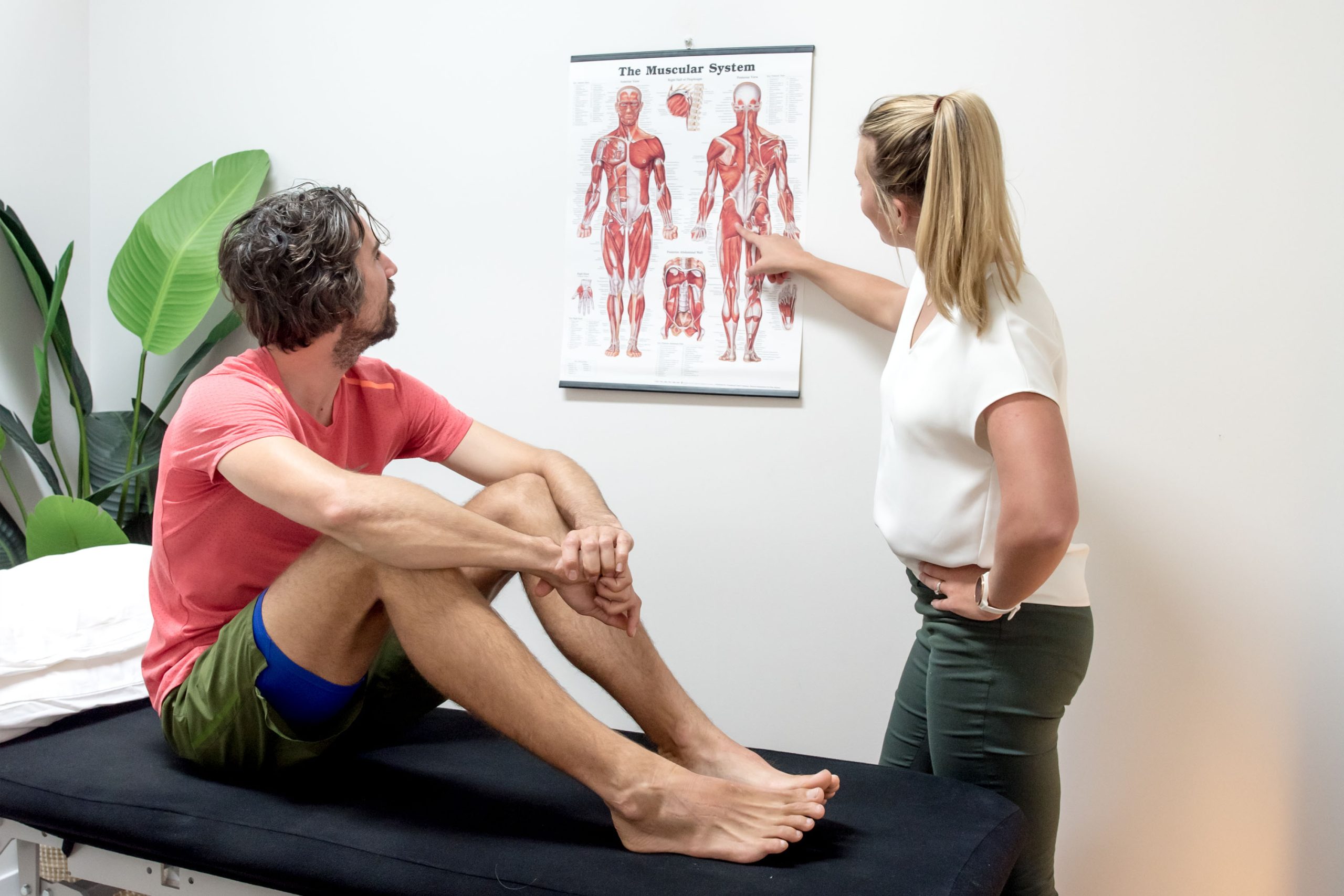False Positives from Scans

CATEGORY: SPORTS & MUSCULOSKELETAL
False Positives from Scans
Many patients present to physiotherapy expecting to need a scan to help with a diagnosis of their symptoms. And on the surface, this appears a totally reasonable expectation; how can you have a prognosis without a diagnosis? However recent research has come to light which has shown that scanning things early is not without complications.
To understand the results of a scan, whether ultrasound, x-ray, CT or MRI we first need to understand what is normal. Degeneration is normal. Just like grey hair and wrinkles on the skin so are changes within the muscles, joints and bones. Degenerative signs can include but are not limited to bony spurs, arthropathy, partial tears, loss in disc height, thinning of articular cartilage, tendinopathy, tendinosis… Lots, isn’t there? Dr Larissa Tommier summarised the use of scanning in establishing a diagnosis beautifully; “The art of medicine is summating all the evidence (scans and clinical assessment) and determining what exactly is the pain source”
So next time that you receive the results of your scan or ask for a scan, ask first about what is normal.
The table below is a good example. It came from a study in 2015 that looked into imaging features of spinal degradation in asymptomatic patients (no pain / dysfunction). It demonstrates what is normal for a lumbar spine dependent on age. (Brinjikji et al., 2015)

As you can see, there are imaging findings of “normal” age related degenerative changes to the spine which are not associated with any pain or dysfunction. It is highly important that imaging findings are considered in line with the symptoms and concerns that the patient is presenting with.
Scanning certainly has its place and is crucial in the diagnosis of some injuries and concerns as it gives a clear indication of what has been injured and what is going on internally, however getting a scan as one of the first things you do may lead to increased anxiety and sensitisation to pain and dysfunction. Instead, we recommend that you see a highly trained physiotherapist who will be able to assess you and suggest whether getting a scan would be beneficial to help identify injured structures which will accurately inform a diagnosis and may better inform rehabilitation and overall prognosis and outcomes.
We always recommend discussing the results with your treating doctor or specialist but also discussing your results with your physiotherapist as there may be different factors each profession will alert you to which may aid your rehabilitation more effectively. A physiotherapist will take the time to go through each finding in your scan and explain what has been injured and what is involved. Getting a clear and jargon-free understanding of the exact injury can help to relieve anxiety and will reduce the chance of sensitisation and catastrophization which can often occur when you read a report and don’t understand the terminology used. It can sound as if you’re falling apart when in fact a lot of the time the injury or issue is quite mild – you just need someone to explain in detail and reassure you of what is going on.
Another time we recommend getting a scan is if an injury or concern isn’t improving. We’re big believers in outsourcing and thinking outside the box if you’re finding you’re not getting the results you want in the time frame you had in mind. Sometimes getting a clearer picture of what’s going on internally can shed some light on other structures that could be involved which may be having an impact on your function or performance.
Physiotherapists can refer for a lot of scans however for rebates, quite often you will need a referral from your GP or treating specialist. For more information on rebates and who can refer for what, please don’t hesitate to contact our friendly admin team on (07) 5474 9093 or alternatively, contact your local radiology practice. We work very closely with the team at Noosa Radiology – so please feel free to contact them directly and they will be able to answer your questions also – their number is (07) 5440 9700.



Leave a Comments
You must be logged in to post a comment.